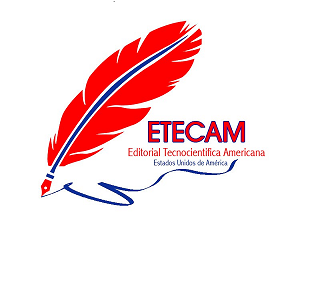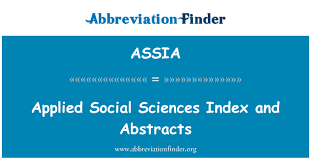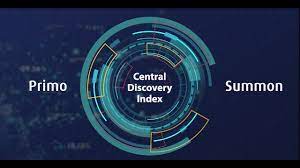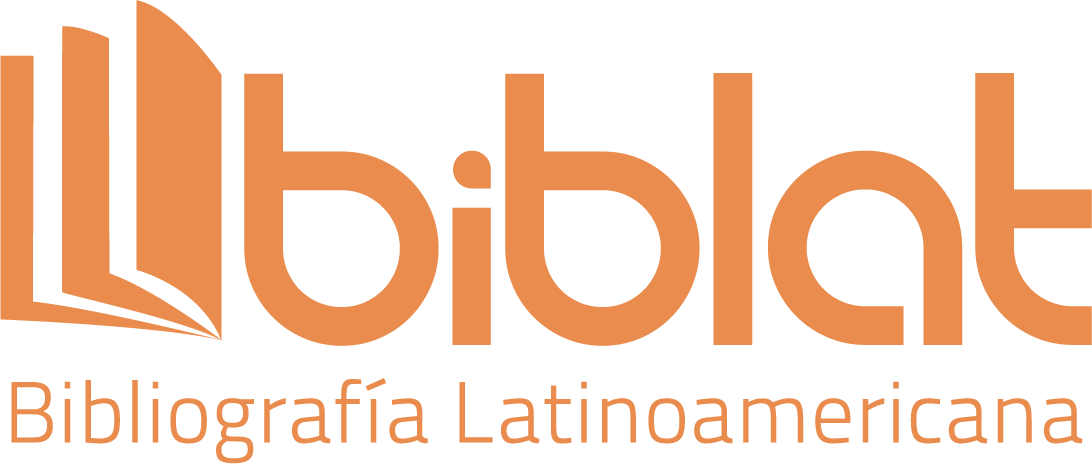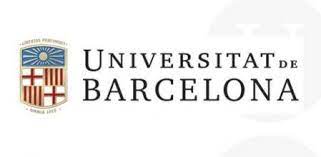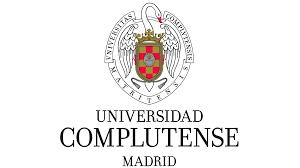Teaching strategies with the use of digital resources to improve the learning of social studies in children in the eighth year of basic general education
DOI:
https://doi.org/10.51736/sa.v7iEspecial%206.410Keywords:
teaching strategies, social studies, basic general education, digital resources, learningAbstract
Currently, improving student learning in topics related to social studies represents a challenge for educators. However, it is evident in many cases that the necessary conditions for the effective development of skills, abilities, and creativity do not exist. Taking into account the above, the present research aims to develop a methodology that implements didactic strategies with the use of digital resources to improve the learning of social studies in children in the eighth year of Basic General Education. The research was carried out through a mixed-type development study, combining qualitative and quantitative approaches of a pre-experimental type. 32 eighth-grade students from the El Playón Educational Unit participated in the implementation. The study analyzed how the integration of technology in the classroom can improve the understanding and retention of key concepts in this subject. The results suggest that didactic strategies with digital resources increased student interest, allowed the exploration of content in an interactive way, and promoted meaningful learning. In conclusion, the methodology developed for the implementation of didactic strategies using digital resources to improve the learning of Social Studies in eighth-grade students of General Basic Education included five key stages:1)Diagnosis and training, where the technological needs of teachers were assessed, and the learning styles of the students were identified; 2)Selection, evaluation, and adaptation of digital resources, ensuring that the resources were tailored to the specific characteristics of the students;3)Selection of didactic strategies, designing activities based on learning styles and subject content;4)Implementation, ensuring access to technology in classrooms and overcoming access limitations; and 5)Evaluation and analysis of results, measuring the impact on learning and adjusting the methodology according to the results obtained.
Downloads
References
Agurto-Gallo, N. J., Beltrán-Galarza, K. F., & Bravo-Otorongo, F. J. (2023). Uso de las TIC en los Estudios Sociales. Colegio “Santísimos Corazones”, Pasaje, El Oro, Ecuador. Revista Transdiciplinaria de Estudios Sociales y Tecnológicos, 3(2), 64-73. https://revista.excedinter.com/index.php/rtest/article/download/78/74
Avcı, G., & Gümüş, N. (2020). The effect of outdoor education on the achievement and recall levels of primary school students in social studies course. Review of International Geographical Education Online, 10(1 (Special Issue)), 171-206. https://dergipark.org.tr/en/pub/rigeo/article/638453
Degner, M., Moser, S., & Lewalter, D. (2022). Digital media in institutional informal learning places: A systematic literature review. Computers and Education Open, 3, 100068. https://www.sciencedirect.com/science/article/pii/S2666557321000392
Guashpa, I. F. (2023). Estrategia Metodológica de Aprendizaje por Descubrimiento, para la enseñanza de Estudios Sociales, Bloque I: Historia e Identidad, de octavo año EGB Riobamba]. http://dspace.unach.edu.ec/handle/51000/10636
Haleem, A., Javaid, M., Qadri, M. A., & Suman, R. (2022). Understanding the role of digital technologies in education: A review. Sustainable Operations and Computers, 3, 275-285. https://www.sciencedirect.com/science/article/pii/S2666412722000137
Huang, X. (2021). Striving for better teaching and student creativity development: Linking informal workplace learning and teaching for creativity. Thinking Skills and Creativity, 41, 100889. https://www.sciencedirect.com/science/article/pii/S1871187121001048
Miranda-Hernández, P. S., & Medina-Chicaiza, R. P. (2020). Estrategia metodológica para la enseñanza de Estudios Sociales en el cuarto grado de básica basada en la animación interactiva. Encuentros, 18(01). http://ojs.uac.edu.co/index.php/encuentros/article/download/2136/2165
Quero, J. L. F. (2021). El uso de las TIC como paliativo de las dificultades del aprendizaje en las ciencias sociales. Digital Education Review(39), 213-237. https://dialnet.unirioja.es/descarga/articulo/8090165.pdf
Rodríguez, S. I. A. (2019). Instrumento para evaluar recursos educativos digitales, LORI-AD. Revista Certus, 12, 56-67. https://www.researchgate.net/profile/Silvia-Adame-Rodriguez/publication/281670043_Instrumento_para_evaluar_Recursos_Educativos_Digitales_LORI_-_AD/links/55f3aeb008ae7a10cf88d5ff/Instrumento-para-evaluar-Recursos-Educativos-Digitales-LORI-AD.pdf
Semanate, D. V. S., & Suárez, V. G. (2021). Estrategias didácticas activas para mejorar el desempeño académico en la asignatura de Estudios Sociales. EPISTEME KOINONIA: Revista Electrónica de Ciencias de la Educación, Humanidades, Artes y Bellas Artes, 4(8), 413-441. https://dialnet.unirioja.es/descarga/articulo/8976647.pdf
Yildiz, İ., Topçu, E., & Kaymakci, S. (2021). The effect of gamification on motivation in the education of pre-service social studies teachers. Thinking Skills and Creativity, 42, 100907. https://www.sciencedirect.com/science/article/pii/S187118712100122X
Published
How to Cite
Issue
Section
License
Copyright (c) 2024 Johanna Marisol Pupiales Pupiales, Bairon Marcelo Casanova Ruano, Domingo Walter Borba Franco, Wilber Ortiz Aguilar

This work is licensed under a Creative Commons Attribution-NonCommercial-ShareAlike 3.0 Unported License.













